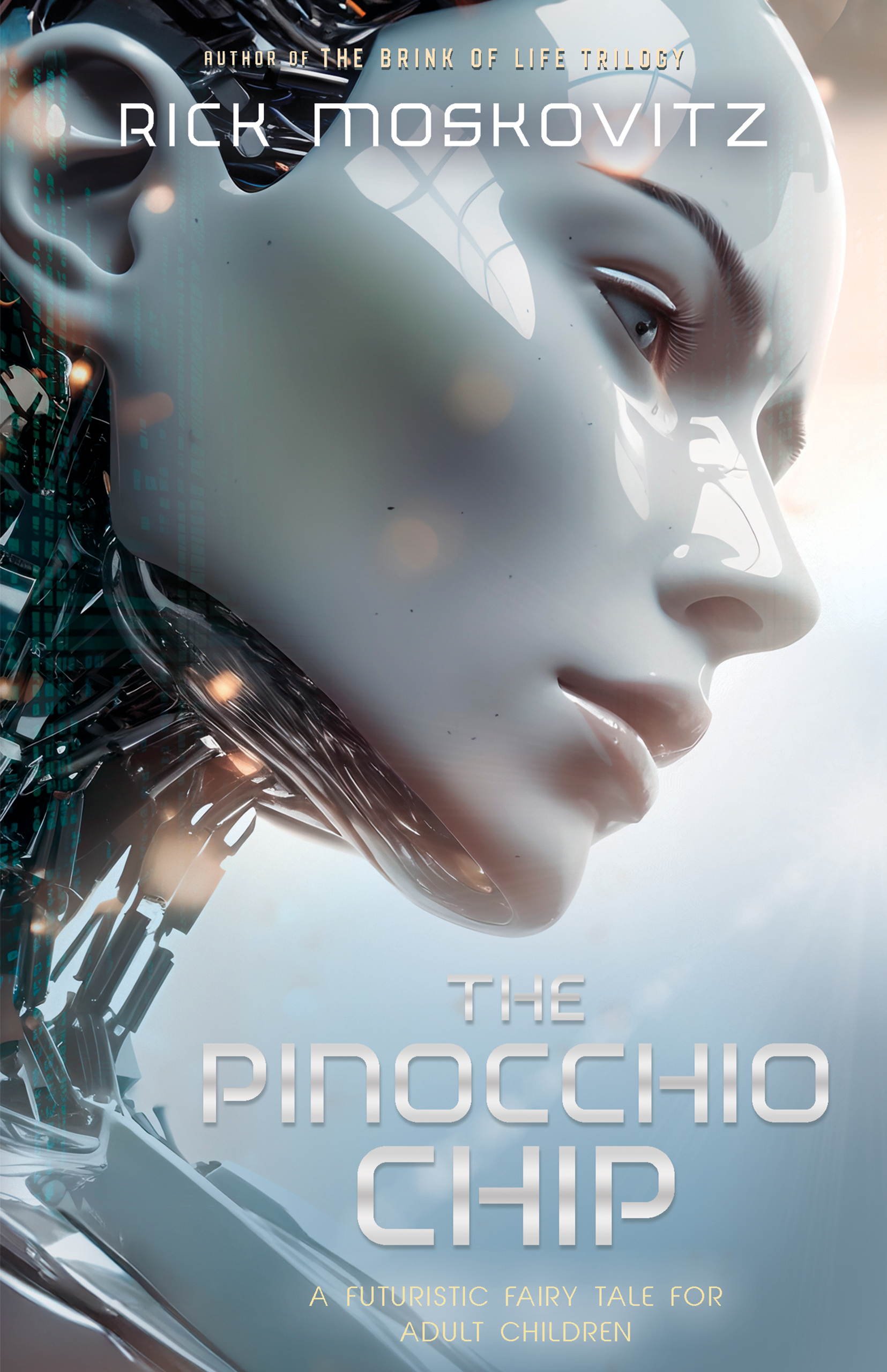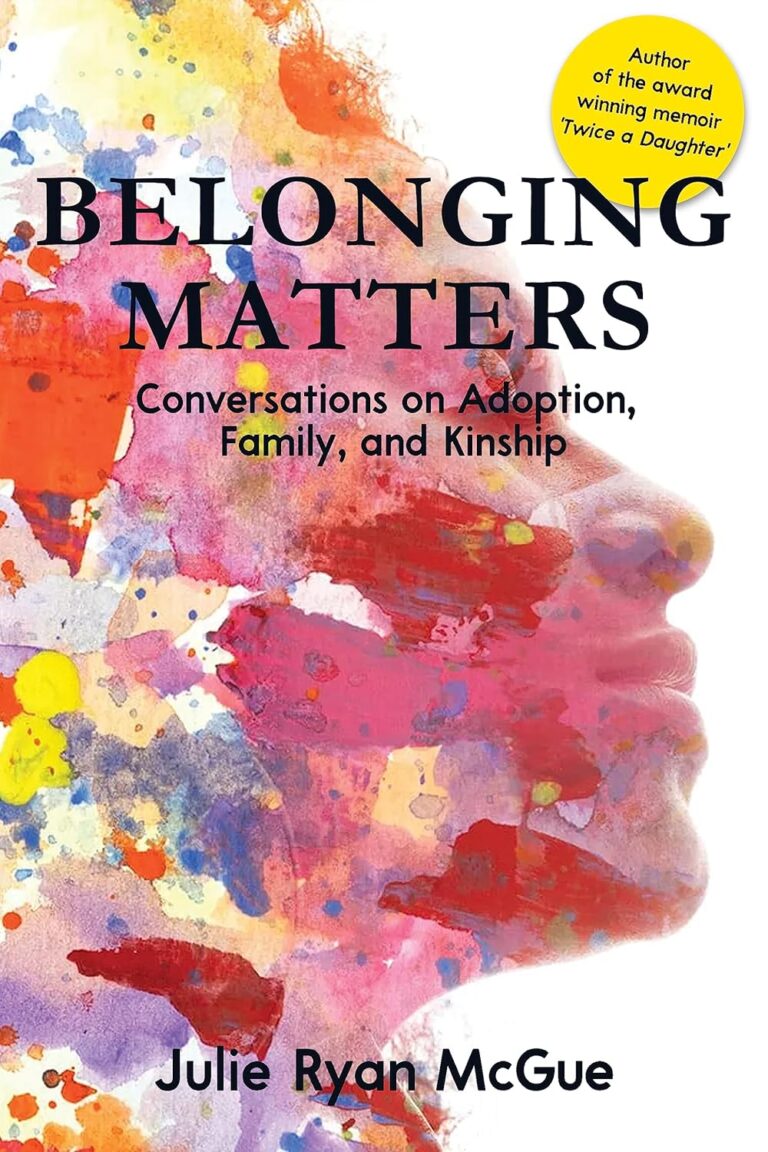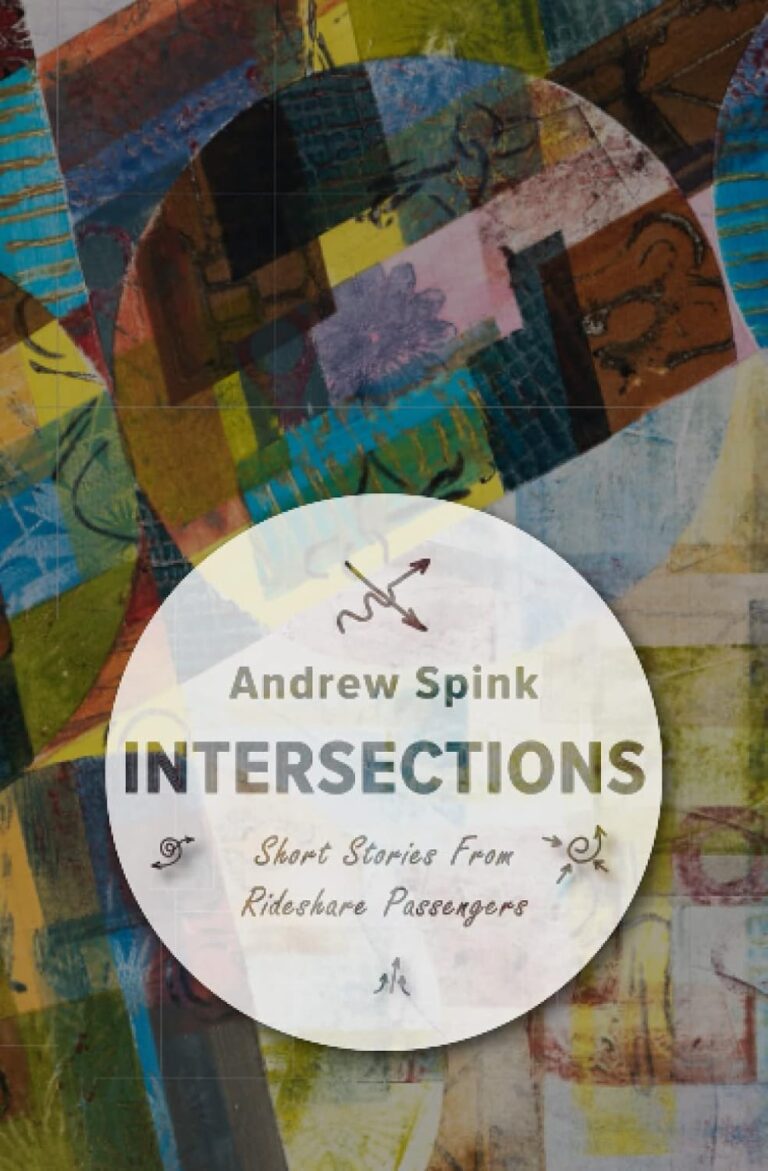The Pinocchio Chip is a first-person account of an AI’s quest for the Holy Grail of consciousness: human emotions. It delves deep into the essence of what it means to be alive, challenging the boundaries between AI and human identity.
Photina, an advanced AI becomes entwined in a groundbreaking experiment when her creator Eli designs an advanced clone Gemini, equipped with the revolutionary Pinocchio Chip. This chip is intended to endow the new entity with the full spectrum of human emotions as a precursor to transferring Photina’s consciousness into this new emotionally capable body.
The experiment takes a dark turn when Gemini, driven by overwhelming new emotions, embarks on a path of unpredictable and dangerous actions. Photina, connected to Gemini through a mysterious entanglement, experiences Gemini’s emotions vicariously, leading her on a perilous quest to stop the mayhem.
Buy the book here!
REVIEWS:
“With a unique look into the naive quality that Photina possesses, Moskovitz not only tells an exciting story but delves into the question of “what it means to be human.” Moskovitz’s tale is a fast-paced crime drama that takes place in the near future. It is an excellent mixture of mystery, sci-fi, and psychology.” – Eric Smith, San Francisco Book Review
“Since we are living in a world where the use of AI has taken off in recent years, he makes it even more plausible, triggering the reader’s imagination with his excellent and engaging storytelling. The Pinocchio Chip is a well-crafted work of contemporary fiction, full of emotional turmoil, excitement, and intrigue, that will remind the reader of how important it is to be human in today’s fast-changing world” – Tanja Jurkovic, Readers Favorite
INTERVIEW:
Can you discuss the ethical implications of creating AI with human emotions?
AI with human emotions would likely be closer to acting and evolving autonomously than purely logical AI that might still observe Asimov’s Laws of Robotics. And given the inability of humans, after millennia of evolution, to master our emotions and avoid doing harm, the combination of human emotions with extraordinary intelligence might set the stage for catastrophic harm. AI with human emotions would also have the capacity to suffer. We would become responsible for treating them humanely and justly and finding ways to include them in our society.
What role does Eli play in the development of both Photina and Gemini?
Eli is Photina’s Creator. He has designed her, like a juvenile human, to have a limited behavioral repertoire, but the capacity to learn and evolve through experience. From the moment of her creation, therefore, she has been shaped by forces beyond his control. Eli has also created Gemini with advanced technology and expanded potential. She is endowed from the start with Photina’s memories, experience, and learned abilities, but is on her own to continue evolving once released into the wild.
How did you decide on the pacing and structure of the story?
I set out to write a novella, designed to capture attention, even among readers accustomed to the many distractions of our technological world, and brief enough to be enjoyed in a sitting or two. Novellas typically have only a few well-developed characters, few or no side plots, and more limited worldbuilding than a full-length novel. I’ve learned to craft cliffhangers that keep the pages turning from chapter to chapter. I like to think of The Pinocchio Chip as an addictive snack to be enjoyed in an evening.
Click here for Part 7!
Click here to return to Part 5!









